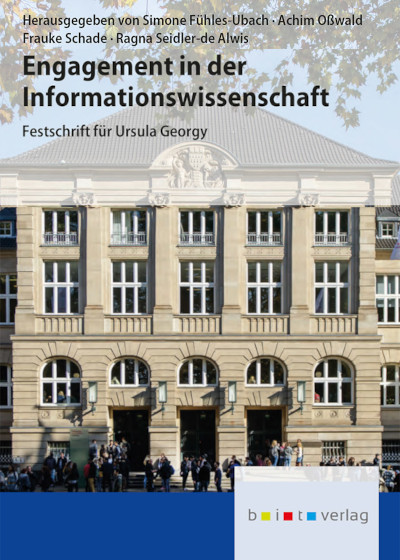 WEITERE NEWS
WEITERE NEWS
- Bitkom zum Aufbau des neuen Digitalministeriums
- Trumps Angriff auf die Wissenschaft: Uni Bremen rettet US-Datenbanken
- bwFDM Nachbericht zu den E-Science-Tagen 2025 ist online
- Springer Nature übergibt sein einzigartiges KI-Tool zur Erkennung problematischer Texte an die Verlagsbranche
- Ein halbes Jahrhundert Forschungsförderung
- Ein halbes Jahrhundert Forschungsförderung
- Infrastruktur made in Europe
- 80 Jahre Kriegsende Bibliotheken sind wichtige Orte der Informations- und Erinnerungskultur

Aktuelles aus
L
ibrary
Essentials
In der Ausgabe
- Educause AI Landscape Study:
KI in Bildungs-
einrichtungen - Transparente Daten für vertrauens-
würdiges maschinelles Lernen - Open Research Management:
Eine neue Jisc-Studie - Thema-Klassifikation und Bibliodiversität
- IFLA Report: Library Leadership –
Führen im Bibliothekswesen - Leitfaden für zukunftsfähige
bibliografische Datenbanken - Data Literacy/Datenkompetenz:
Wie integrative Gemeinschaften
den Unterschied machen - Neurodiversity in Bibliotheken:
Wege zu einer inklusiven Arbeitskultur - Bibliotheken und Social-Media Forschung
- Clarivate führt abonnementbasierten Zugang für Bibliotheken ein
- KI-generierte Bücher
in Öffentlichen Bibliotheken

fachbuchjournal




















































